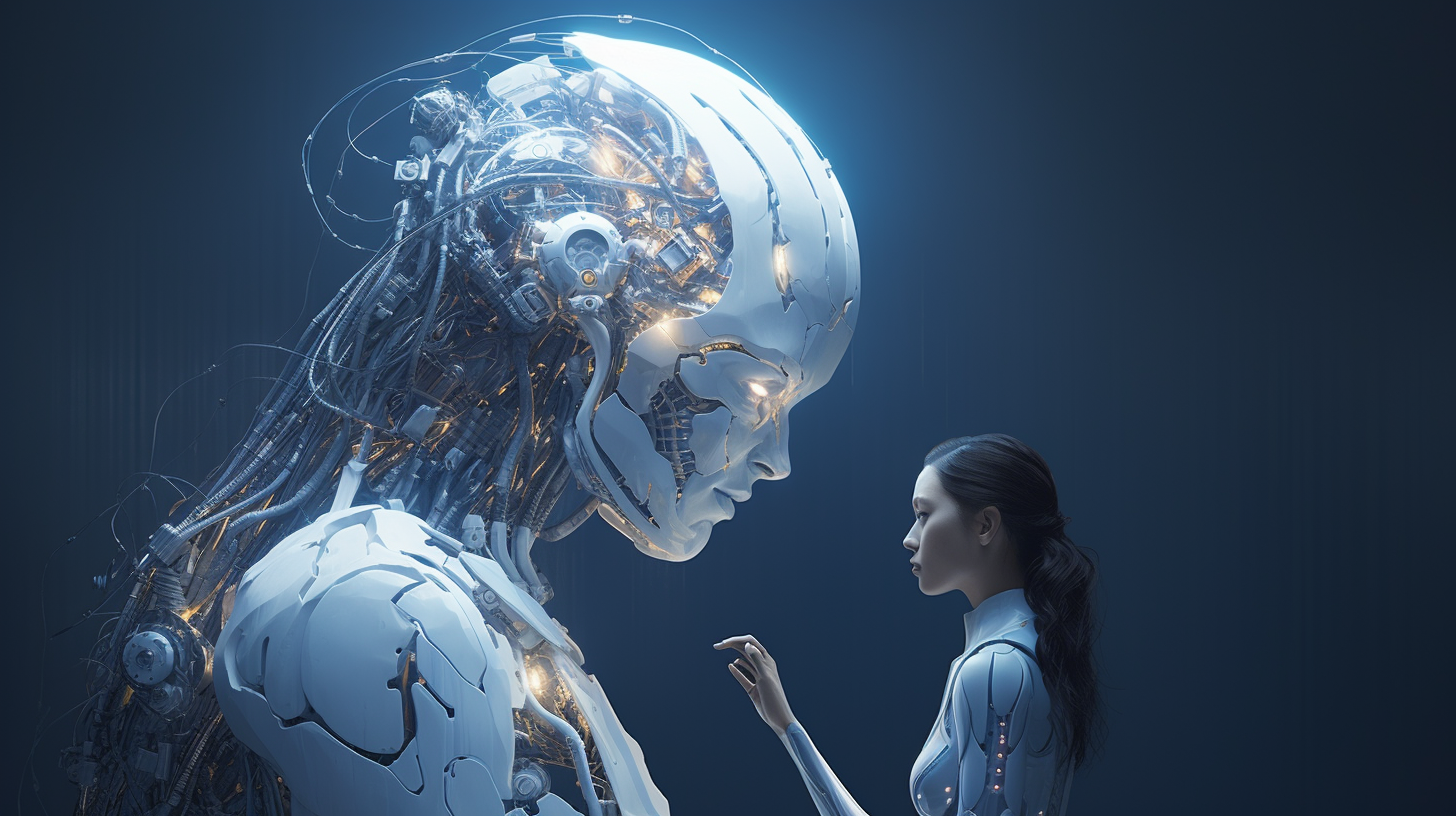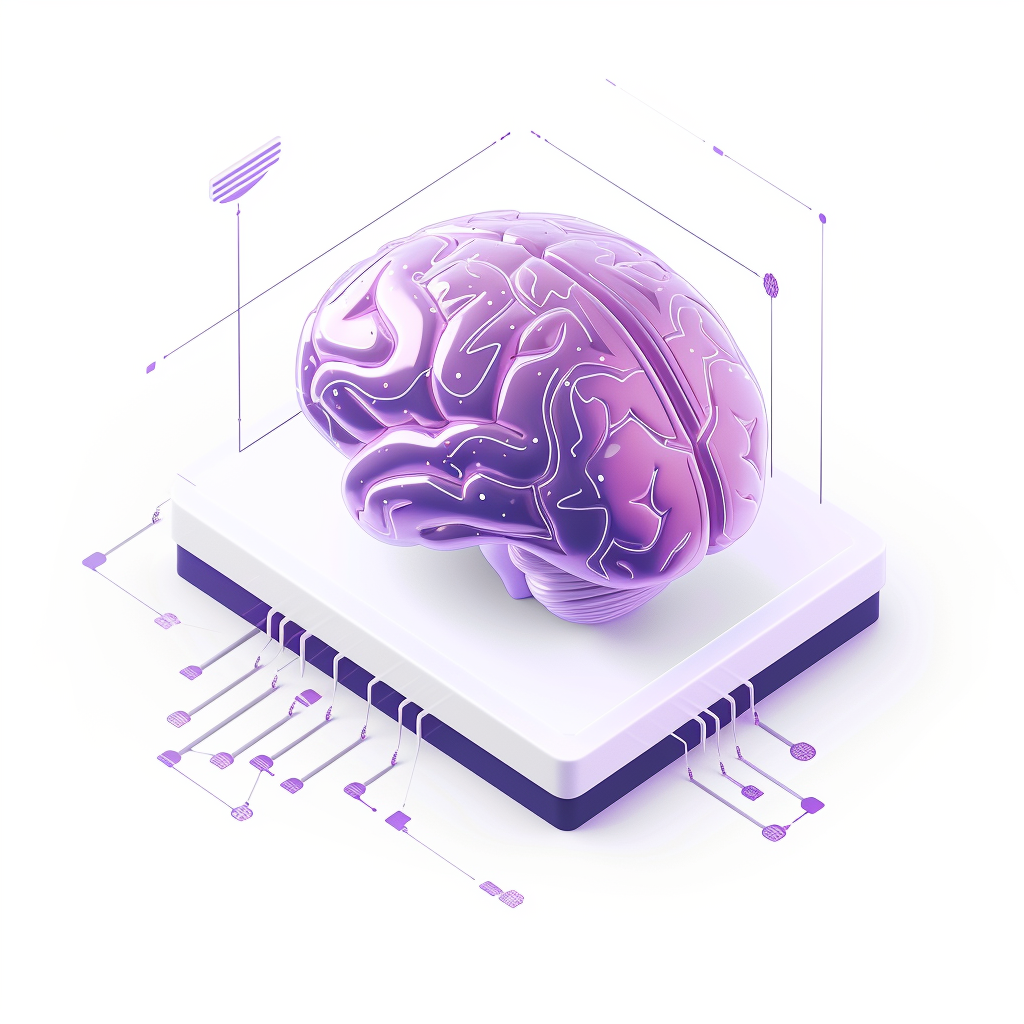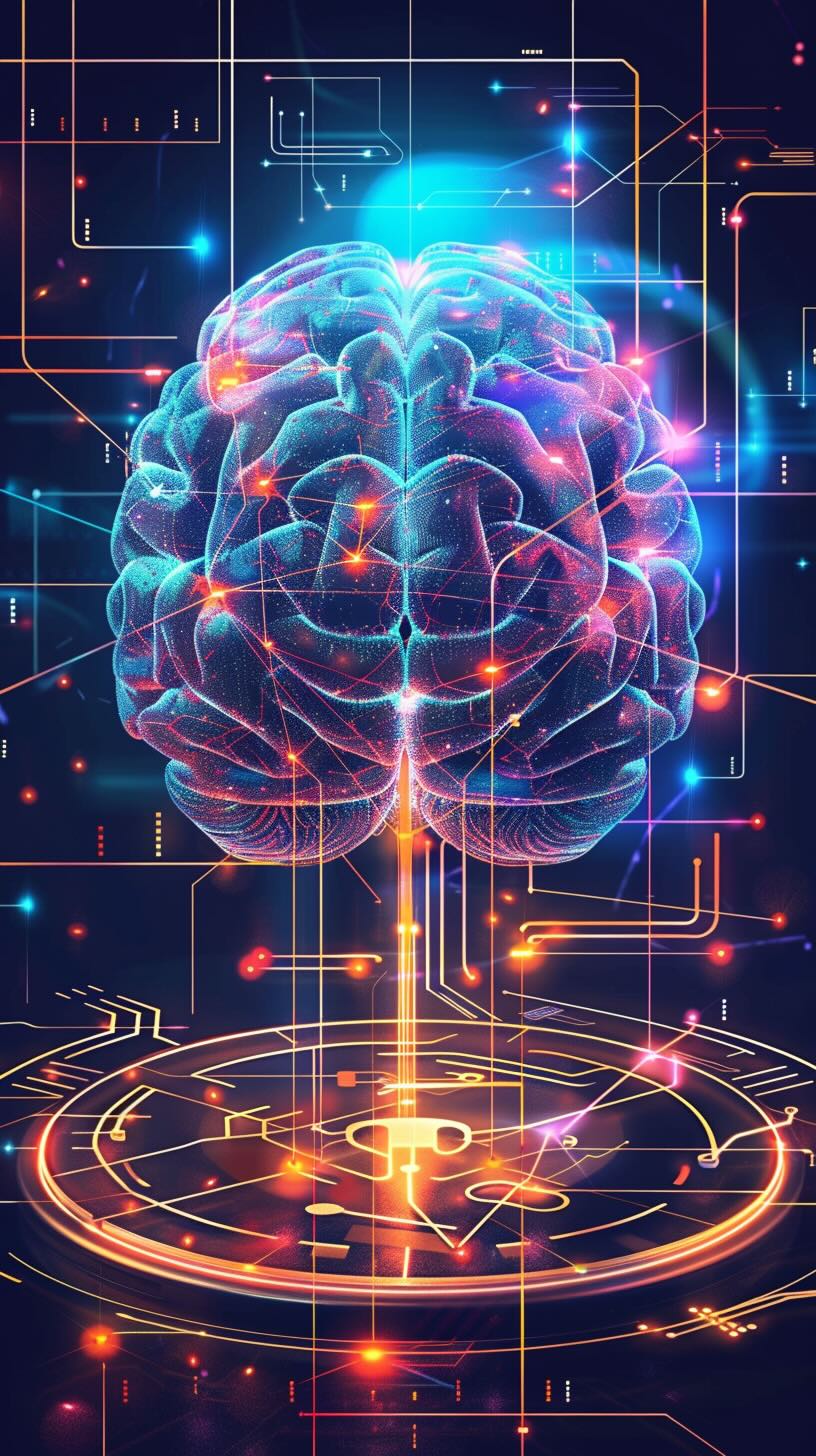Artificial Intelligence (AI) has been a buzzword for decades, capturing imaginations with visions of futuristic societies and advanced robotics. Yet, it’s only in recent years that we’ve started to see the tangible manifestations of its capabilities.
From voice-activated assistants in our homes to predictive algorithms that enhance user experiences online, AI’s presence is becoming increasingly ubiquitous. As we transition into an era dominated by AI, it’s essential to understand its multifaceted impact on our lives and the world at large.
Beyond the evident technological advancements, AI is reshaping industries, influencing global economies, and even challenging our ethical frameworks. The promise of AI is vast, but it also prompts essential questions about privacy, job displacement, and societal shifts. As we stand at the cusp of this transformative age, a comprehensive understanding of AI’s potential and challenges is paramount.
Lessons from the Past
Throughout history, technological advancements have consistently reshaped the job landscape, often in ways that were hard to predict. Take, for instance, the Industrial Revolution. The introduction of mechanized looms threatened the livelihoods of many hand-weavers, but it also led to the creation of numerous jobs in factories, maintenance, and logistics. Similarly, the transformation from horse-driven carriages to automobiles marked another significant shift. While blacksmiths and carriage makers found their skills less in demand, a whole new world opened up for automotive engineers, traffic planners, car dealership roles, and even roadside diners and motels catering to the new mobile populace.
In the 20th century, the rise of computers and the internet led to fears of widespread job losses. However, while certain tasks became automated, new roles in IT support, web design, and digital marketing emerged. Now, as we navigate the 21st century, AI stands at the forefront of another major shift. While it may render some jobs obsolete, it will undoubtedly pave the way for roles we haven’t even envisioned yet. The key takeaway from these historical transitions is the emphasis on adaptability and lifelong learning. As AI continues to evolve, so too must our skills and perspectives, ensuring we remain relevant in an ever-changing world.
Changing the Face of Industries
Healthcare
AI’s role in healthcare is expanding at an unprecedented rate. Beyond diagnostics, AI can assist in patient care management, predicting patient needs, and even in surgical procedures. Robots, powered by AI, can assist surgeons with precision tasks, leading to quicker recovery times and reduced hospital stays. Furthermore, AI-driven data analysis from wearable devices can offer insights into lifestyle diseases, promoting a proactive approach to health.
Education
The traditional “one size fits all” model of education is being challenged by AI. With AI-driven platforms, students can receive real-time feedback, allowing for immediate course corrections. This not only aids students but also empowers educators with data-driven insights to refine their teaching methods.
Video Games
AI’s influence in gaming goes beyond character design. It’s reshaping game narratives, where the storyline adapts based on a player’s choices, leading to multiple story outcomes. This dynamic storytelling makes each player’s experience unique, adding layers of depth to gameplay.
Copyright
The digital age has already complicated copyright laws, and AI adds another layer of complexity. While AI-generated content may not fit traditional copyright moulds, there’s a growing debate about recognizing AI as a “digital artist.” This could redefine intellectual property rights in the digital era.
What’s next?
Disinformation:
The rise of deepfakes stands as a stark reminder of the double-edged sword that is AI. These hyper-realistic, AI-generated videos, which can seamlessly superimpose one person’s likeness onto another’s, have the potential to disrupt the very fabric of truth in our digital age.
In a world where seeing is no longer believing, the implications for journalism, politics, and personal reputations are profound. The challenge lies in developing tools and systems that can detect and counteract these AI-generated falsehoods, ensuring that truth remains distinguishable.
Voice Cloning
Voice technology has made significant strides, with AI-driven voice assistants becoming household staples. However, the same technology that powers our daily conveniences can also be weaponized. AI’s ability to clone voices goes beyond mere replication. It can capture and mimic unique speech patterns, intonations, and even the subtle emotional nuances of an individual’s voice.
This capability can be exploited in scams, with fraudsters using voice deception to impersonate trusted individuals or organizations, potentially leading to financial fraud or misinformation campaigns.
Ethical Concerns and Bias
One of the more insidious risks of AI is the potential for it to perpetuate or even exacerbate societal biases. Since AI systems are trained on vast datasets, they can inadvertently learn and replicate the biases present in those datasets.
This can lead to discriminatory outcomes in areas like hiring, law enforcement, and lending. For instance, an AI system trained on historically biased hiring data might favour one demographic over another, perpetuating a cycle of inequality. Addressing these concerns requires a concerted effort to ensure that AI systems are trained on diverse and representative data, and that there are checks and balances in place to identify and correct biases.
Závěr
As we stand on the brink of an AI-driven future, it’s evident that this technology is not just another tool in our arsenal but a transformative force poised to reshape our world. From the way we work and play to the very fabric of our societies, AI’s influence is pervasive and profound. But like all powerful tools, its impact is a reflection of how we wield it.
The potential of AI is boundless, offering solutions to some of our most pressing challenges and opening doors to possibilities we’ve yet to imagine. However, with this promise comes responsibility. It’s imperative that we approach AI with a balanced perspective, celebrating its advancements while remaining vigilant of its risks. By doing so, we can ensure that AI serves as a force for good, enhancing our lives and propelling humanity forward.
In conclusion, the journey with AI is just beginning. As we chart this unexplored territory, our collective wisdom, foresight, and commitment to ethical considerations will determine the legacy of this technological marvel. Embracing AI is not just about harnessing its power but about steering its course in a direction that benefits all of humanity.







